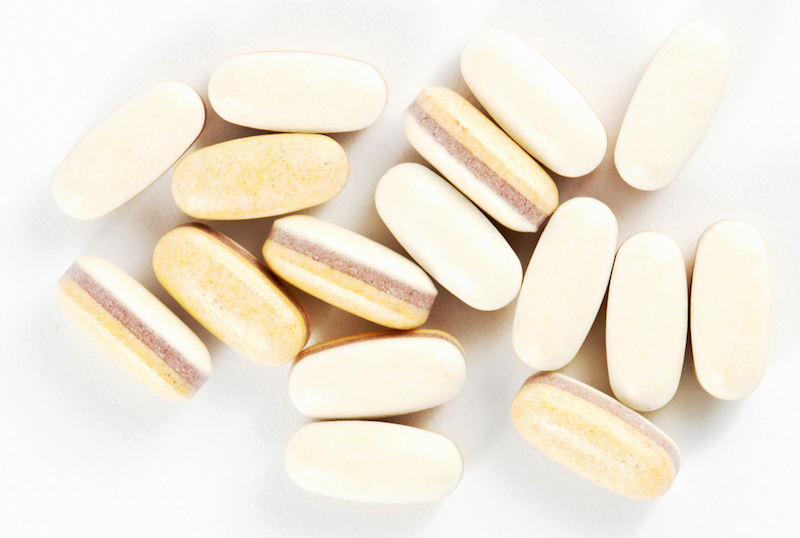'Gluten-Free' Probiotics Often Contain Gluten

Many probiotic supplements contain small amounts of gluten, but whether such traces are harmful for people who can't eat gluten is still unknown, a new study finds.
The researchers tested 22 popular probiotic supplements, most of which were labeled as "gluten free." More than half of these products (55 percent) had detectable levels of gluten, the researchers found. Probiotic supplements are pills that contain "good" bacteria, and are touted as helping to maintain a healthy digestive system.
"It appears that labels claiming a product is gluten free are not to be trusted, at least when it comes to probiotics," said Dr. Peter Green, a professor of medicine and director of the Celiac Disease Center at Columbia University in New York. [Don't Be Fooled: 5 Probiotics Myths]
Most of the products that contained gluten had only traces of it — less than 20 parts per million — and would indeed be considered gluten free according to the Food and Drug Administration standards. Still, 18 percent of the probiotics contained higher amounts of gluten — too much to be considered gluten free.
What's more, two out of the four products with excess gluten were labeled as "gluten free." And traces of gluten were just as likely to be found in products labeled "gluten free" as in those products without the label, the researchers found.
"We think it's important from a consumer point of view, especially a consumer that's got celiac disease," Green said.
People with celiac disease experience an immune reaction if they eat gluten, and this reaction can damage the intestine. So these individuals must avoid gluten in their diets. But many people with the condition take dietary supplements, including probiotics, the researchers said.
Sign up for the Live Science daily newsletter now
Get the world’s most fascinating discoveries delivered straight to your inbox.
A previous study from the same researchers found that patients with celiac disease who took supplements were more likely to experience symptoms of the disease than those who didn't take supplements.
Still, it's unclear if the small amounts of gluten in probiotics could pose a health risk for people with celiac disease.
"We don't know really what very small amounts of gluten do" to people with celiac disease, Green said. Most people with the condition can consume up to 10 milligrams of gluten per day and not experience symptoms, and the amount of gluten in these products was well below this level, Green said.
But questions still remain, including whether the amount of gluten in the products could vary from batch to batch, and whether people are consuming large doses of the products, which could be harmful, Green said.
"If you have 10 pills, you might reach a certain level which could cause inflammation," Green said.
And some patients who are particularly sensitive to gluten could experience symptoms from very small amounts, Green said. It's also not clear why there is any gluten in these products at all, he said.
The study will be presented this week at the Digestive and Disease Week meeting in Washington D.C.
Follow Rachael Rettner @RachaelRettner. Follow Live Science @livescience, Facebook & Google+. Original article on Live Science.

Rachael is a Live Science contributor, and was a former channel editor and senior writer for Live Science between 2010 and 2022. She has a master's degree in journalism from New York University's Science, Health and Environmental Reporting Program. She also holds a B.S. in molecular biology and an M.S. in biology from the University of California, San Diego. Her work has appeared in Scienceline, The Washington Post and Scientific American.









